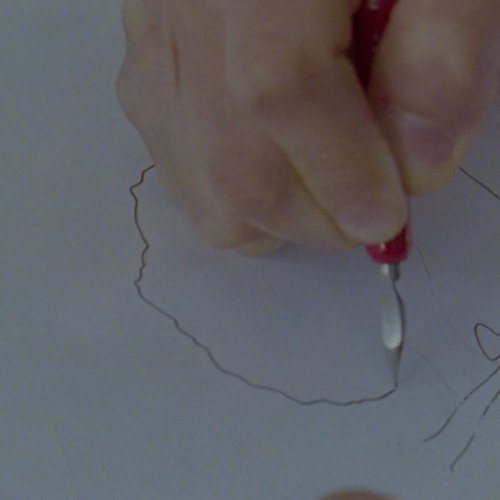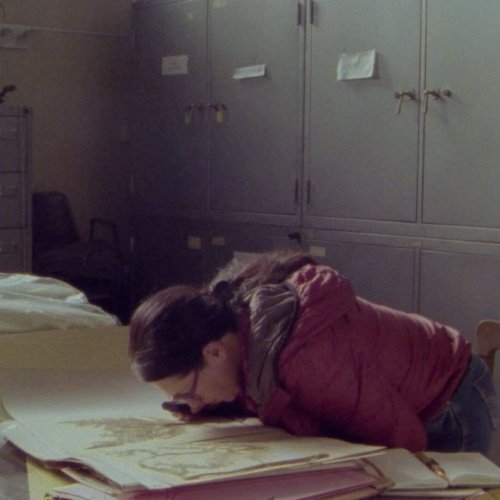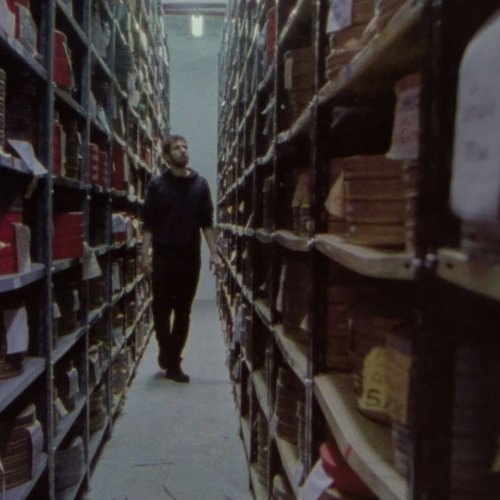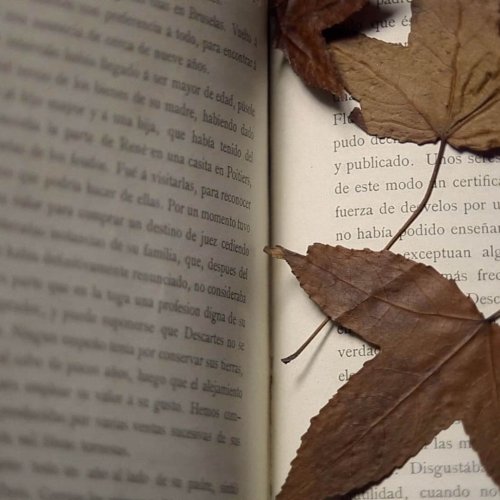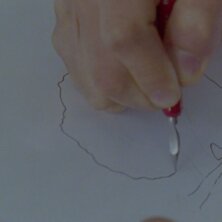Writing
INTINERARY
1
In cinema that works with reality, writing is a continuous process and as essential as in fiction. However, it has its particularities and, as it happens in general with the creative process of each film, there are several ways to approach writing and, consequently, to elaborate the script of a documentary. An attempt at a writing methodology will start with the identification of the motivation or seed that generates the idea, the in-depth research of the subject of the film and the adoption of a point of view. All of these are necessary steps to think about the device from which to construct the film. From this point, the script is proposed, narratively and formally, taking into account the ethical issues involved in the representation of reality.
- Directing
- Script
- Producing
- Research
The process of creating a documentary film begins by identifying a powerful idea that resonates with the filmmaker. This unique idea is recognized by its ability to provoke an emotional response and a significant impact on the author. The film emerges from a variety of sources: a person, an event, a finding or a reflection. The motivation for transforming this idea into a film can be personal, creative or political, prompting the filmmaker to share his or her unique vision of the world with potential viewers.
The Encounter with the Idea
- How do you recognize when an idea is powerful?
- Why does it have the traits to become a film?
- What makes it unique and valuable?
The Source, the Spark
- What drives your film: a person, an event, a discovery, a concept, a problem, or a reflection?
- How do you arrive/have you arrived at that source, and what does it bring to the film?
The Engine, the Motivation
- Why transform the idea into a film?
- What drives you—personally, creatively, and/or politically?
- Why share it?
Every documentary film is an investigation, a journey in which we explore an unknown place, geographical and/or human, in which we have to immerse ourselves to find the best way to tell that story. At this point, the filmmaker opens up to the real world to get closer to the people he will work with in his film, in whom he will recognize the characters of the story. At the same time, he begins an exhaustive study of the subject to be developed and the search for aesthetic references in order to find a unique and coherent look.
Thinking (and Feeling) the Film: The Protagonists
- How do you recognize the characters/spaces in your films?
- What traits are decisive?
- How do you construct the film based on them?
Research: The Seed of the Film
- How do you develop research regarding themes/content – form/aesthetics?
- What importance does it have in your creative process and the outcome of the film?
Point of View: A Position in the World
- How do you arrive at the point of view from which you approach your filmmaking practice?
- Does the point of view evolve throughout the process of the film?
The encounter with the point of view is a fundamental step in the construction of a documentary film. Undoubtedly, it starts from a political being in the world that will serve as a compass or guide to make the decisions that will define the creative process of the film. From here on, we can define a concrete methodology and a device that will undoubtedly help to develop the expressive, narrative, visual and sound resources.
The Political Dimension of the Film
- What is the relationship between your ideological stance and the point of view of your film?
- How do you translate and incorporate it?
- What influence does your position—intersecting identities—have on what you film?
- How does it affect your way of representing subjects and reflecting subjectivity or your honesty in the film?
- What social impact can your film have?
In Search of a Method: Each Film, a Methodology
- Do you have a methodology for your filmmaking practice, or do you develop a new methodology for each film?
- What does it consist of?
- How do you construct it?
- How does it evolve throughout the process?
The Device: The Framework of the Film
- How do you find the device that helps you develop the film narratively and expressively?
- Can you explain some examples of devices used in your films?
The last stage of this itinerary may involve the development of a preliminary script that allows the filmmaker to face the shooting and editing of his work. In it, the structure of the film is specified, the characters are edited, identifying their relevant characteristics, and the expressive resources to be used are worked on. The writing at this point is always done taking into account the ethical issues implicit in the film, which will condition the choice of stylistic and formal keys.
Narratives and Structures
- In writing, do you plan the narrative structure beforehand?
- Does it help you draft the script?
- Do you reframe it later during editing?
- What kind of narrative structures do your films have?
Editing Characters
- How do you work with the characters?
- How do you relate to them?
- Do you like to know and study them in depth, or do you prefer to work and discover them with the camera?
- How do you discover what interests you about the characters for the film?
- How do you select what to leave out about them?
The Ethical Dimension
- How do you approach the ethical dimension of your film during writing/research?
- How would you describe the power dynamics in your film with the characters and the viewers?
- How has this aspect influenced your writing?
- Can you share some experiences related to this in your filmmaking practice?
Thinking About Genre/Form
- How do you decide on the form of your film?
- What expressive resources do you use, and how do they relate to the film's content?
- Do you think about a genre or style for your film that helps you find or define the form more accurately?
Aesthetic Dimension: Form as Discourse
- What stylistic and formal keys would you situate your filmmaking practice in?
- What filmmakers/films/theorists/artistic trends from other disciplines have inspired you?
- Can you provide concrete examples of how the form of your films has been articulated in relation to these references?
